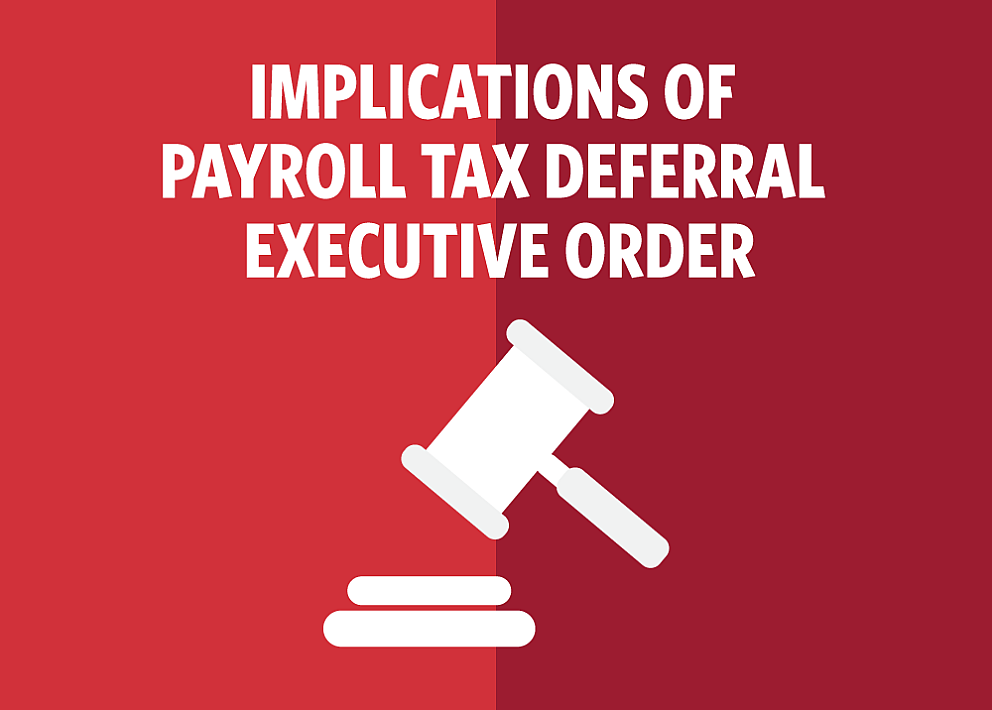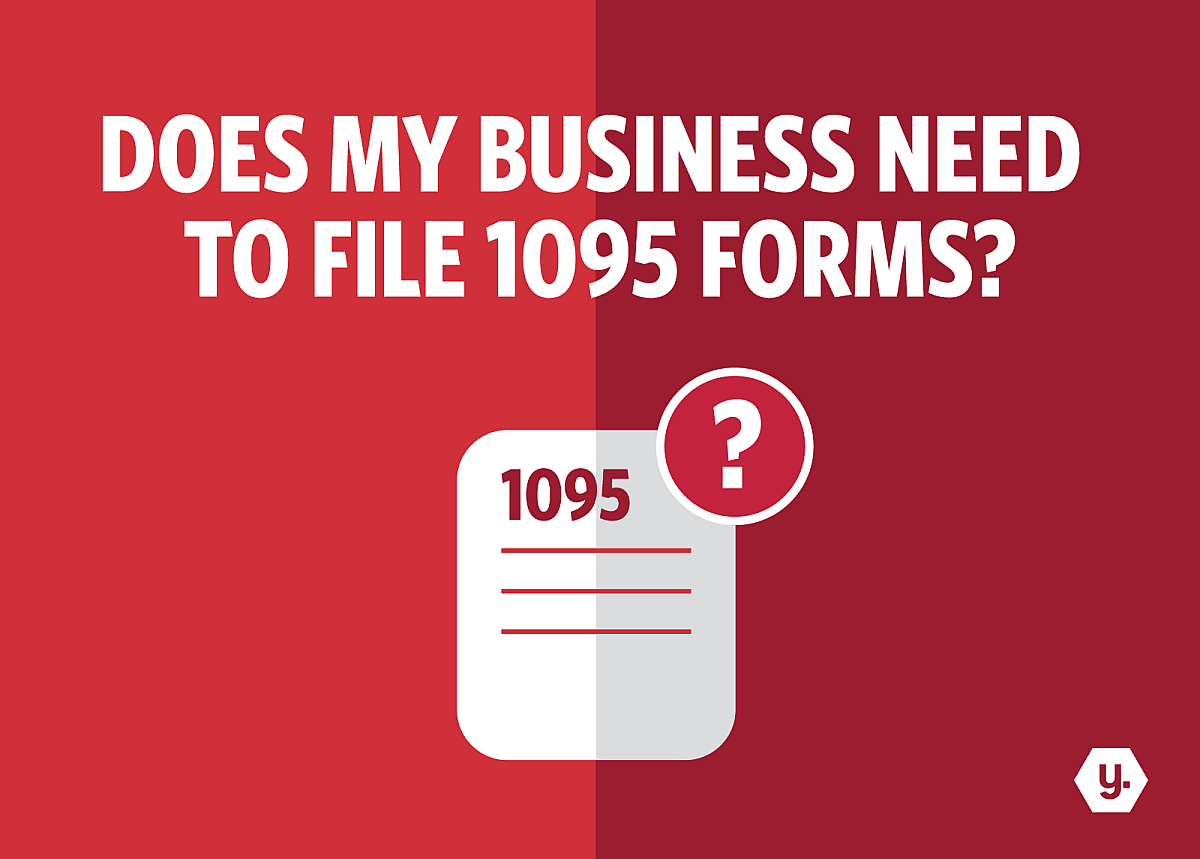
Implications of Payroll Tax Deferral Executive Order
On August 8, 2020, the President issued an executive memorandum regarding a payroll tax delay. The memorandum directs the Secretary of the Treasury to implement a delay of certain employees’ obligations to pay Social Security taxes. The payroll tax provision requires guidance to be issued by the Department of Treasury. Until that guidance is issued, many of the details are unknown. Below is a summary of the key provisions of the memorandum:
- The memorandum applies to the period September 1, 2020, through December 31, 2020.
- It is unclear whether employers are required to take advantage of the delay.
- The memorandum does not address what an employer should do if he decides to continue withholding payroll taxes.
- The memorandum only applies to the 6.2 percent Social Security tax on employees.
- The memorandum only applies to employees generally earning less than $104,000annually.
- The memorandum only provides a delay of the tax obligation, not forgiveness.
- No penalties or interest shall apply to those who use the delay.
- There is no relief with respect to employers’ withholding obligation.
It is important to keep in mind that Congress and the Trump Administration are still negotiating on a potential COVID-19 relief measure, and that a compromise bill could supersede the President’s actions. As this situation becomes clearer, we will update you on what to expect and what actions to take.
Latest News
-
 November 25, 2025
November 25, 2025New Alternative Furnishing Method for Forms 1095-B and 1095-C Comes with Complexities
The IRS has updated the Affordable Care Act (ACA) reporting process for Forms 1095-B and 1095-C. These changes aim to reduce administrative costs and simplify reporting, but they also create new compliance challenges for employers and health insurance providers.Read More -
 October 8, 2025
October 8, 2025Your Business Guide to 1099 Filing in 2025: Deadlines and Compliance Tips with Yearli
Businesses must prepare for 2025 IRS 1099 filing by understanding key deadlines for Forms 1099-NEC and 1099-MISC and leveraging e-filing tools like Yearli to stay compliant. This guide outlines important dates, recent IRS updates, and practical tips to avoid penalties and streamline the filing process.Read More -
December 30, 2024
Understanding Form 1099-DA: A Comprehensive Guide to Filing for Digital Asset Transactions
As the use of digital assets like cryptocurrencies and non-fungible tokens (NFTs) continues to grow, so does the need for clear tax reporting guidelines. To address this, the IRS has introduced Form 1099-DA, which will be required starting in 2025.Read More
